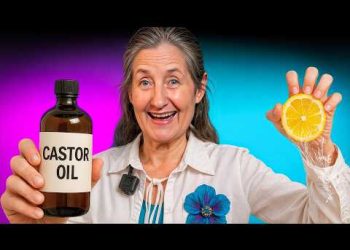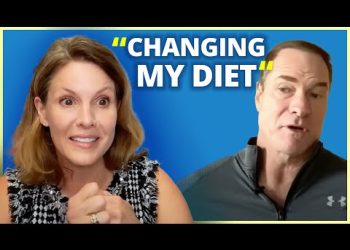Understanding Muscle Loss After 50
As we age, our bodies naturally tend to lose muscle mass and strength, a process known as sarcopenia. This muscle deterioration can begin as early as 30 but accelerates significantly after 50. Understanding the reasons behind muscle loss and actively combating them is crucial for maintaining a healthy and active lifestyle in our later years.
The Importance of Muscle in Aging
Muscles are essential not only for physical strength and balance but also for overall metabolic health. Strong muscles contribute to a healthy metabolism, aid in maintaining bone density, and support joint function. Without proactive measures, the natural decline in muscle mass can lead to weakness, poor mobility, and an increased risk of falls and injuries.
The Seven Muscle-Building Ingredients
Several dietary factors can significantly influence muscle maintenance and growth. There are seven key ingredients that play a crucial role in rebuilding muscles and halting muscle loss for individuals over 50. These include high-quality proteins, omega-3 fatty acids, creatine, vitamin D, calcium, antioxidants, and B vitamins.
High-Quality Proteins
Protein serves as the building block of muscle. It’s crucial to incorporate high-quality protein sources such as lean meats, fish, eggs, and plant-based options like legumes and nuts into your diet. Optimal protein intake helps repair muscle fibers and stimulate growth, especially when combined with regular physical activity.
Omega-3 Fatty Acids
Sources of omega-3 fatty acids, such as salmon, chia seeds, and flaxseeds, are known to reduce muscle inflammation and promote recovery. Omega-3s enhance muscle protein synthesis, aiding in the rebuilding process and preventing further muscle breakdown with age.
The Role of Creatine
Creatine is a naturally occurring substance that supplies energy to your muscles. Supplementing with creatine has been shown to improve strength, increase lean muscle mass, and speed up recovery during resistance exercises. Including creatine as part of an overall nutrition strategy can help sustain muscle health.
Vitamin D and Calcium
Both vitamin D and calcium are pivotal for bone and muscle health. Vitamin D improves muscle function and aids in calcium absorption, while calcium is vital for proper muscle contraction and bone density maintenance. Adequate levels can be sustained through exposure to sunlight and dietary sources like dairy products and fortified foods.
The Power of Antioxidants
Antioxidants play a key role in combating oxidative stress and inflammation, both of which can accelerate muscle loss. Foods rich in antioxidants, such as berries, green leafy vegetables, and nuts, support muscle recovery and overall health.
B Vitamins for Muscle Metabolism
B vitamins, including B12, B6, and folate, are essential for energy production and muscle metabolism. They help convert food into energy, which is crucial for maintaining muscle function and overall vitality as we age. Ensuring a diet rich in these vitamins is essential for muscle health.
Incorporating a Holistic Approach
While nutrition is a fundamental aspect of maintaining muscle health, a holistic approach that includes regular exercise, proper hydration, and lifestyle adjustments is vital. Resistance training, in particular, is vital for stimulating muscle growth and enhancing strength. Coupled with a well-rounded diet, it can significantly improve muscle mass and functionality in individuals over 50.











